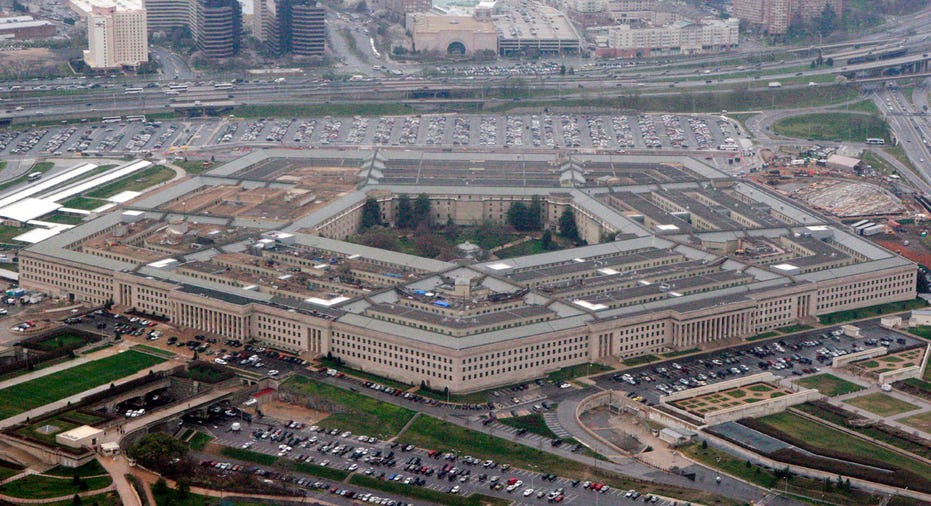Pentagon moves to develop banned intermediate missile

The U.S., accusing Russia of violating a Cold-War era arms treaty, has begun researching the development of a ground-based cruise missile banned under the pact to counter weapons that Washington believes Russia is fielding, according to U.S. officials.
The preliminary research in recent months by the U.S. military, previously undisclosed, is aimed at potentially reviving an arsenal of the prohibited ground-based, intermediate-range missiles, in the event Moscow continues violating the pact with new weapons, the officials said.
The U.S. doesn't want to end the Cold War-era agreement, known as the Intermediate-Range Nuclear Forces Treaty, or the INF, but rather bring Russia back into compliance. By beginning development of a missile banned under the treaty, Washington is hoping to show Moscow the kinds of new American weapons Russia's armed forces will face if they don't stop violating the INF.
"The idea here is we need to send a message to the Russians that they will pay a military price for violation of this treaty," one U.S. official said. "We are posturing ourselves to live in a post-INF world...if that is the world the Russians want."
The U.S. told Russia of its research and development project on the new missile in recent weeks, according to U.S. officials. But the U.S. also said it would abandon the research program if Russia returns to compliance with the INF Treaty, the officials said.
A Russian official said Thursday that the U.S., not Moscow, has been violating the treaty through its missile-defense installations in Europe, adding Russian President Vladimir Putin has said a U.S. treaty withdrawal would bring an "immediate and reciprocal" Russian response. The U.S. denies that claim.
In meetings in Brussels last week, U.S. Defense Secretary Jim Mattis told allies that Washington was beginning a new push to force Moscow into compliance, trying to use new leverage. He also assured allies that Washington has no plans to abandon the INF.
The U.S. would only be in violation of the INF if it tests, produces or fields the new ground-based cruise missile under development. Researching and designing the weapon doesn't constitute a violation.
"Our effort is to bring Russia back into compliance," Mr. Mattis said last week. "It is not to walk away from the treaty."



















